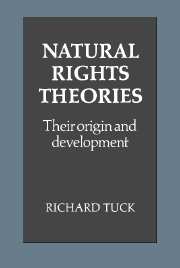Summary
The nearest anyone has yet got to a proper assessment of the relationship of Hobbes to the line of thought which I dealt with in the previous chapter is Ernest Sirluck in his introduction to the Yale Milton, twenty years ago. He commented on An answer to a printed book that ‘this anonymous pamphlet … contains the essential elements of Hobbes's political thought (along with much that is foreign and even contradictory to it)’, and pointed to the friendship between Hobbes and many of the Tew Circle, and the fact that Hobbes's manuscript Elements of Law had circulated among his friends after its composition in April and May of 1640. The evidence for this friendship and the manuscript's circulation is good, and it is clear that it is in just the milieu surveyed in the last chapter that Hobbes's theory was developed. His interest in and admiration for Selden is separately attested: not only is Selden's Titles of Honour one of the few books praised (or even mentioned by name) in Leviathan, but in 1635 when he was touring the Continent Hobbes wrote back to a friend asking for a copy of Mare Clausum, saying that he had ‘already a great opinion of it’. They did not actually meet until after the publication of Leviathan, when Hobbes sent Selden a complimentary copy – an act which in itself shows the esteem in which he held him. They apparently became quite close friends afterwards.
- Type
- Chapter
- Information
- Natural Rights TheoriesTheir Origin and Development, pp. 119 - 142Publisher: Cambridge University PressPrint publication year: 1979



